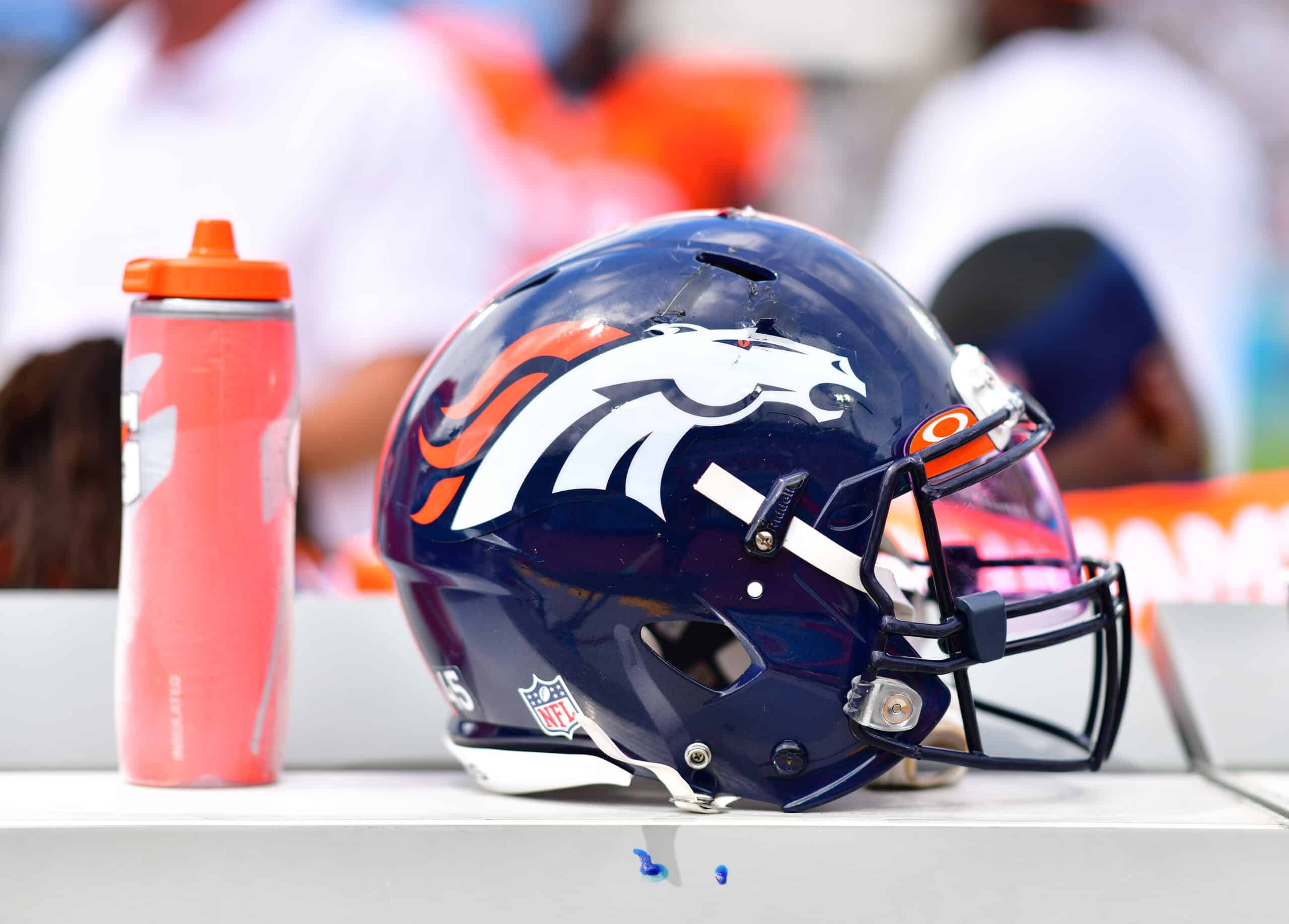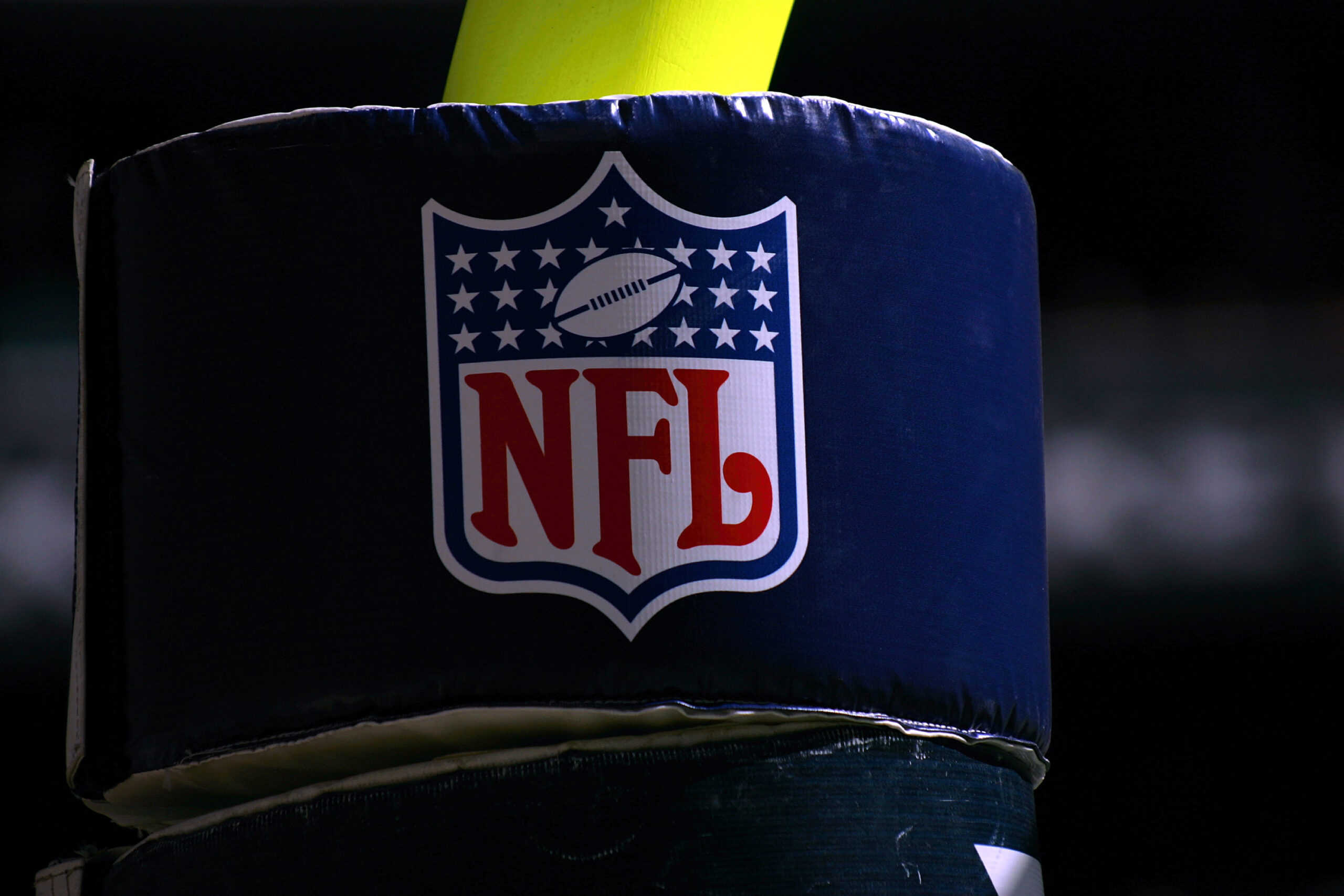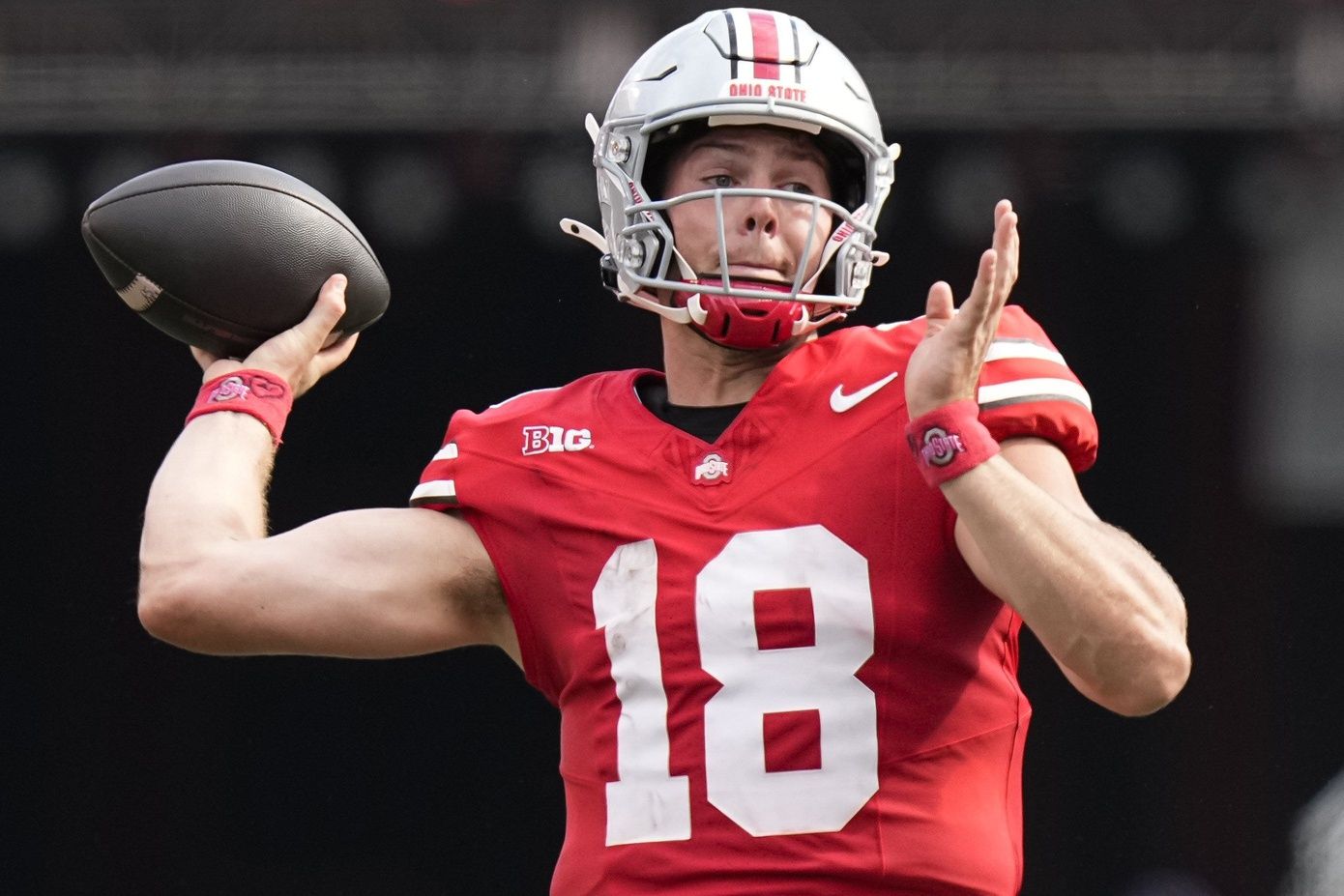[ad_1]

Back in the 1970s and 1980s, the Denver Broncos fought hard to prove they belonged among the NFL’s elite.
They were one of the AFL teams the NFL absorbed in the merger, and in the 1970s, they eventually became a very good team on the strength of their defense.
The architect of that defense was longtime defensive coordinator Joe Collier, and on Monday night, he passed away at his home in the Denver area, per Adam Schefter.
The Denver Broncos announced the passing of former defensive coordinator Joe Collier, who died Monday night at his home in Littleton, Colo., at the age of 91. Collier was the leader and architect of Denver’s “Orange Crush” defense, spent 20 seasons on the Broncos’ coaching staff… pic.com/52Ccp6IOFt
— Adam Schefter (@AdamSchefter) May 7, 2024
Collier began his coaching career as an assistant with the Boston Patriots (now the New England Patriots) when the AFL began play in 1960, and after two seasons there, he moved on to the Buffalo Bills.
In multiple capacities with them, he helped them win back-to-back AFL titles in 1964 and 1965 while pioneering some defensive concepts that would later become staples of many NFL teams.
In 1969, Collier was hired to be the Broncos’ defensive backs coach, and three years later, he became their defensive coordinator under head coach John Ralston.
In 1977, behind stars such as Tom Jackson, Randy Gradishar, and Lyle Alzado, all of whom made both the Pro Bowl and All-Pro First Team, Denver went 12-2 despite not having any offensive skill players who were Pro Bowlers that year.
They went to the Super Bowl that season, where they lost to the Dallas Cowboys, but their defense, which became known as the “Orange Crush,” earned rave reviews across the NFL.
Collier remained Denver’s defensive coordinator through 1988, allowing him to reach the Super Bowl two more times, although Denver lost again on both occasions.
He retired following two more years as the Patriots’ defensive coordinator in 1991 and 1992.
[ad_2]



